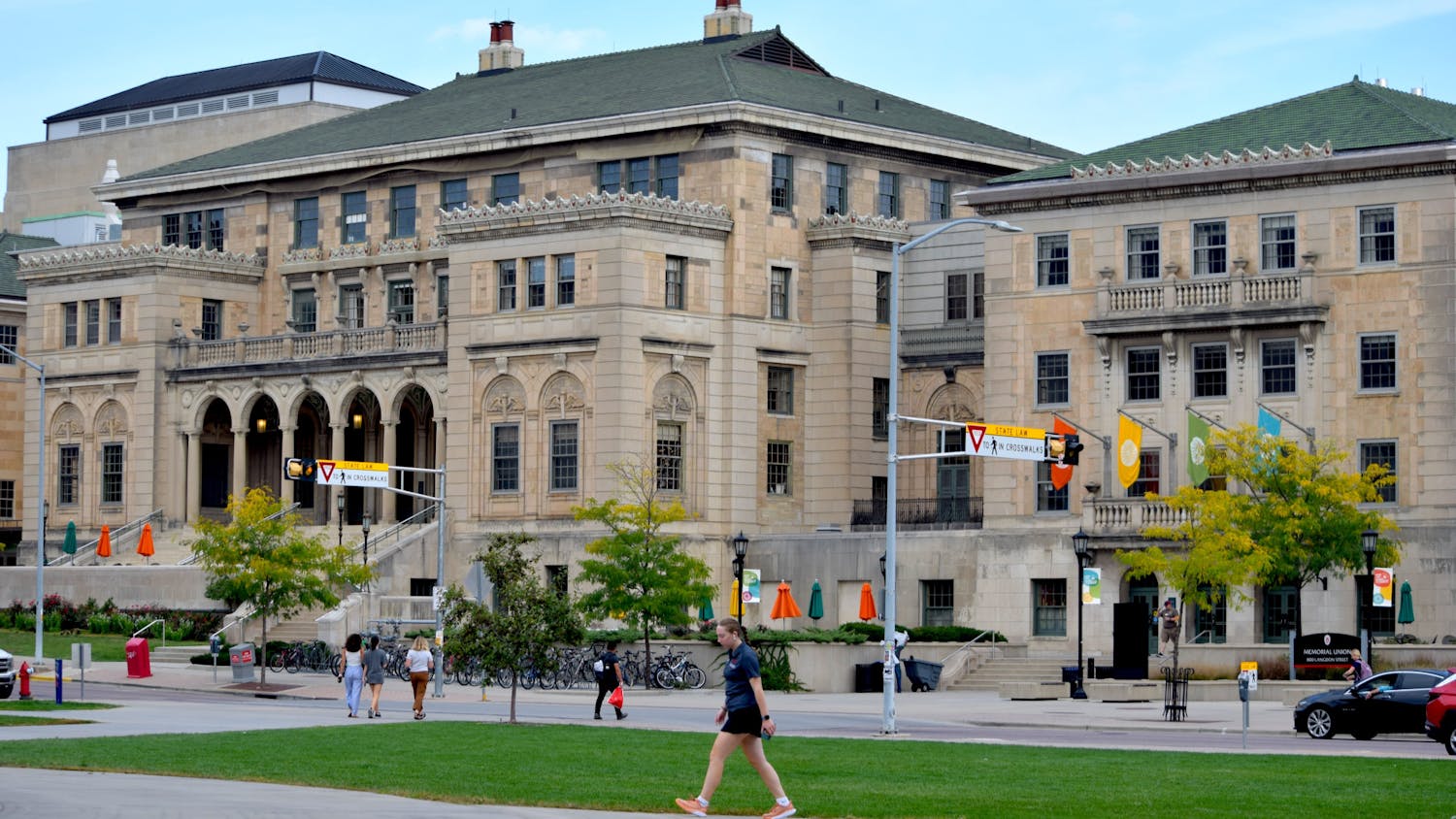Citing survey data showing most students overestimate the amount of clean energy used by UW-Madison, the Campus Leaders for Energy Action Now gathered community leaders and students Friday to discuss ways to push sustainable energy.
CLEAN is a non-registered student organization that is working with the Madison community to motivate the use of solar and wind power on campus with an ultimate goal of a commitment to 100 percent clean energy by 2030.
Currently, only 16 percent of UW-Madison’s power is generated from renewable energy, with a large remainder coming from coal. According to co-founder of CLEAN, Kendl Kobbervig, the state of Wisconsin uses about 65 percent coal energy, falling vastly behind other states.
“In my discussions during the event, students talked about how doing environmental work in college can feel overwhelming because there are so many different organizations doing important but similar work —how are you supposed to choose? The importance of CLEAN is that we want all those people in the same space,” said CLEAN lead organizer Anna Weinberg.
Friday’s event invited two speakers in an effort to foster a discussion about climate issues in Madison. Bill Pringle, an activist from Oak Creek, and Holly Bender, a representative from the Sierra Club Beyond Coa,l addressed the importance of switching to clean energy and the harmful effects of coal energy.
With about 50 people in attendance, the speeches were followed by break-out sessions to discuss the community’s ideas for reformation and mitigation.
“Hearing from Holly Bender about how the fight to move our country beyond coal power is not only feasible but is a fight that we are winning was inspiring and necessary, especially for those of us who are just getting into this work and need to be reminded that change doesn’t start with policies, it starts with people,” Weinberg said.
Pringle described waking up in his Oak Creek home with his air filled with carcinogen dust particles that pile up all over his property, noting the danger of living in a community with a coal power plant.
Last week, a video went viral of a CBS 58 reporter wiping a children’s slide at an Oak Creek park, leaving his hand covered with a layer of black dust.
“Every time we turn on the lights, we are affecting Oak Creek and similar communities. They have to get medicine for asthma and are getting carcinogens because we haven’t been able to transfer to sustainable energy effectively,” Kobbervig said.
A few weeks ago, CLEAN distributed a student survey on Library Mall to determine student awareness surrounding these issues. Kobbervig said she is severely concerned about the results, as the survey indicated that many students believe UW-Madison currently uses about 70 to 80 percent of clean energy.
CLEAN members have been trying to work with administration to voice student opinions on issues of sustainability. Kobbervig says feedback so far has been extremely supportive with hefty goals proposed by Vice Chancellor for Finance and Administration Laurent Heller, the Director of Facilities Management and Planning David Darling and the Director of the Office of Sustainability Cathy Middlecamp.
In a meeting on Feb. 21 with administrators, plans were set to hire a new director for the Office of Sustainability (a position currently vacant) and form an ad hoc committee to generate a sustainability report. Other actions suggested include creating a sustainability steering committee to direct progress and complete an assessment to compare UW-Madison’s progress to other universities.
“We are trying to hold administrators accountable for what they say to us in private meetings,” Kobbervig said. “We want administrators to know that we are listening and taking them seriously. We believe in what they are saying to us and want to see action.”
On March 16, CLEAN will be hosting a volunteer orientation at Union South to show students how to get involved with their platforms and brainstorm tasks for the future.
“Moving forward, we plan to make our presence known and continue to include our thoughts and voices in our university’s growing discussions about what a clean and sustainable UW-Madison looks like,” Weinberg said.






